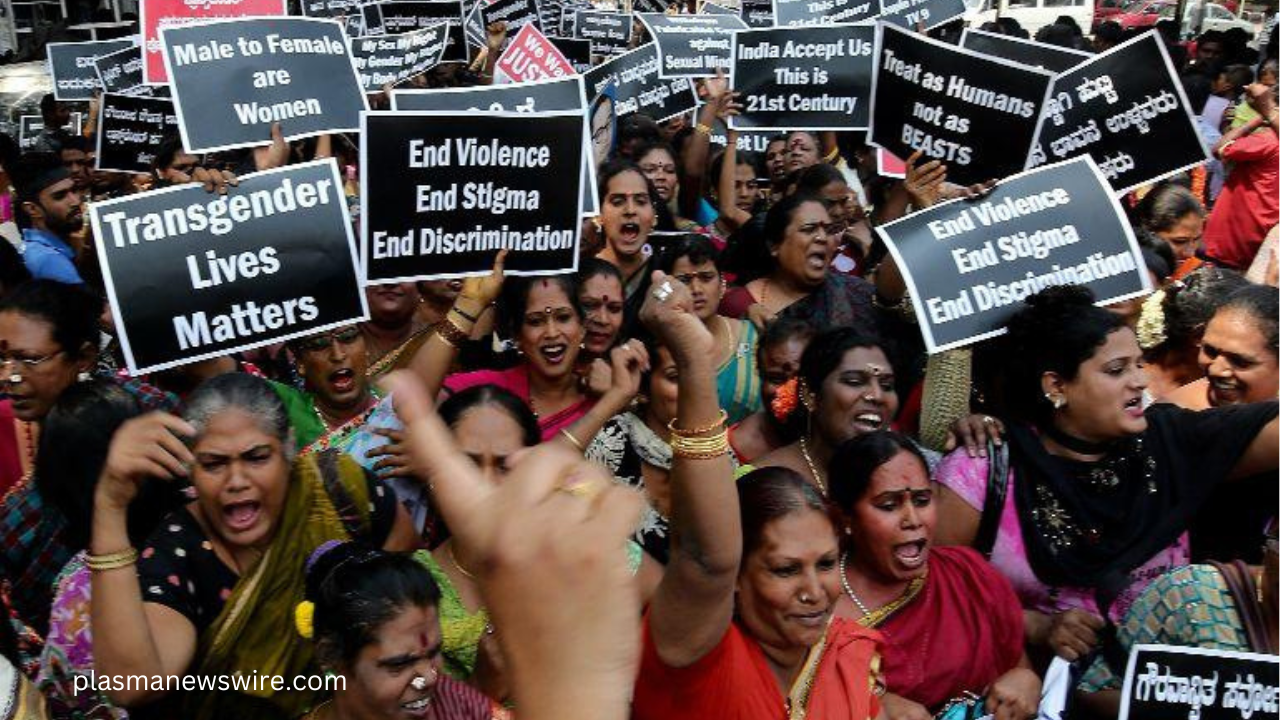As we all know Indian armed forces are the largest employer in country. As of now any of the force is not selecting transgenders for military duties.
As per the sources Principal Personnel Officers Committee (PPOC) has formed a study group, headed by high ranking official of Directorate General of Armed Forces Medical Services (DGAFMS) for thoroughly check implications.
According to the reports, Nominated officers cited the requirements for a lot of fundamentals changes in the forces structure before beginning the induction of transgenders. Some major challenges are toilets use, deployment in field postings duties, preparing physical standards for selection procedure etc. Army Adjutant General’s branch on the matter include suggestions like not providing concessions for transgenders in recruitment procedure, training pattern, postings, etc.
In 2017, the Indian Navy had dismissed Sabi Giri, earlier known as Manish Kumar Giri after the Navy personnel underwent sex reassignment surgery at a private facility.
In US Military:
· The persons who have undergone sex reassignment surgery are not allowed to serve in military service.
· The individuals who have no history or diagnosis of gender dysphoria and who are otherwise eligible for military service may serve in their biological sex like all other military members.
The Transgender Persons( Protection of Rights) Bill, 2019 was passed in the parliament’s Rajya Sabha on November 26, 2019, according to PRS Legislative Research. The Act prohibits discrimination against transgender persons, including denial of service or unfair treatment regarding education, employment, healthcare, access to, or enjoyment of goods, facilities, opportunities available to the public, right to movement; right to reside, rent, or otherwise occupy property; opportunity to hold public or private office; and access to a government or private establishment in whose care or custody a the person is.

Transgenders at civil workplaces
Many private firms and government organization provides employment opportunities to the third-gender persons but due to many other reasons transgenders do not grab this offers. Some of the major reasons are:
· Although strict laws have been implemented but still Social behaviour in offices is the major cause which restrict them.
· are not being fully supported by their cisgender colleagues morally, economically and culturally.
· As per the reports, Many of the housing societies/ private houses do not rent them for living.
The hurdles that transgender individuals often face in the general workplace, shedding light on the importance of creating an inclusive atmosphere.- Discrimination and Bias: Transgender individuals frequently encounter discrimination and bias in the workplace. Prejudiced attitudes, whether overt or subtle, can affect hiring decisions, promotions, and overall career advancement. It’s imperative for employers to promote a culture of acceptance and diversity to mitigate such biases.
- Lack of Understanding: A fundamental challenge arises from a lack of understanding about transgender issues. Colleagues and employers may struggle to comprehend the nuances of gender identity, leading to inadvertent insensitivity. Educational programs and awareness campaigns can contribute to a more informed and empathetic work environment.
- Restroom Access and Dress Code Policies: Transgender individuals often grapple with restroom access and dress code policies that may not align with their gender identity. Establishing gender-neutral facilities and flexible dress code guidelines can help create an inclusive space, ensuring that everyone feels comfortable and respected.
- Inclusivity and Acceptance: Creating a workplace culture that is truly inclusive and accepting of diverse gender identities is crucial. This involves fostering an atmosphere where everyone feels valued and respected regardless of their gender expression. Inclusive language, policies, and practices contribute to a sense of belonging for transgender employees.
- Harassment: Transgender individuals are disproportionately affected by workplace harassment. Verbal, physical, or online harassment can create a hostile work environment, impacting both mental well-being and job performance. Implementing strict anti-harassment policies and providing avenues for reporting incidents are essential steps in combating this issue.
- Disclosure Challenges: Deciding when and how to disclose one’s transgender identity at work can be a complex and personal decision. Fear of discrimination or judgment may lead some individuals to keep their identity private, potentially hindering their ability to access necessary support. Encouraging open communication and ensuring confidentiality can address this challenge.
- Mental Health Impact: Persistent challenges and societal stigma can contribute to mental health issues among transgender individuals in the workplace. Employers should prioritize mental health support, including access to counselling services and creating a stigma-free environment where seeking help is encouraged.

